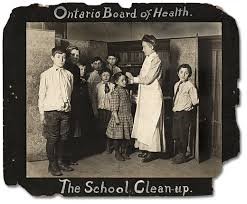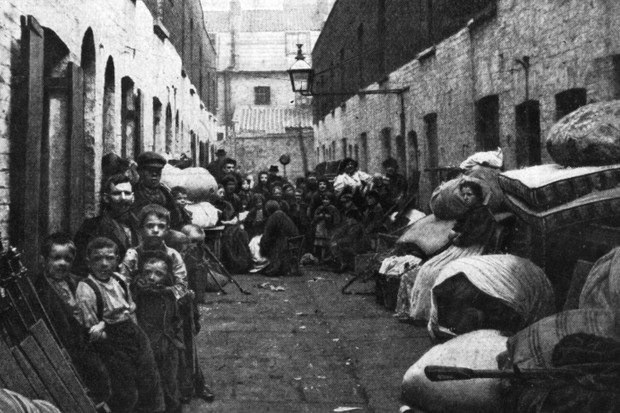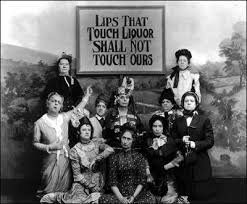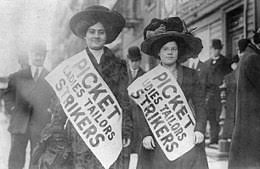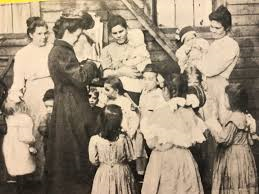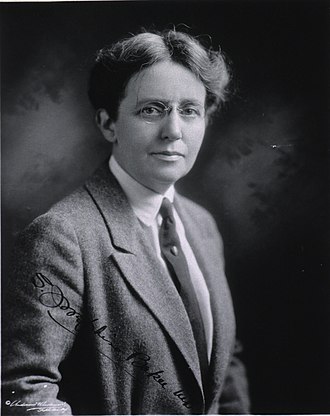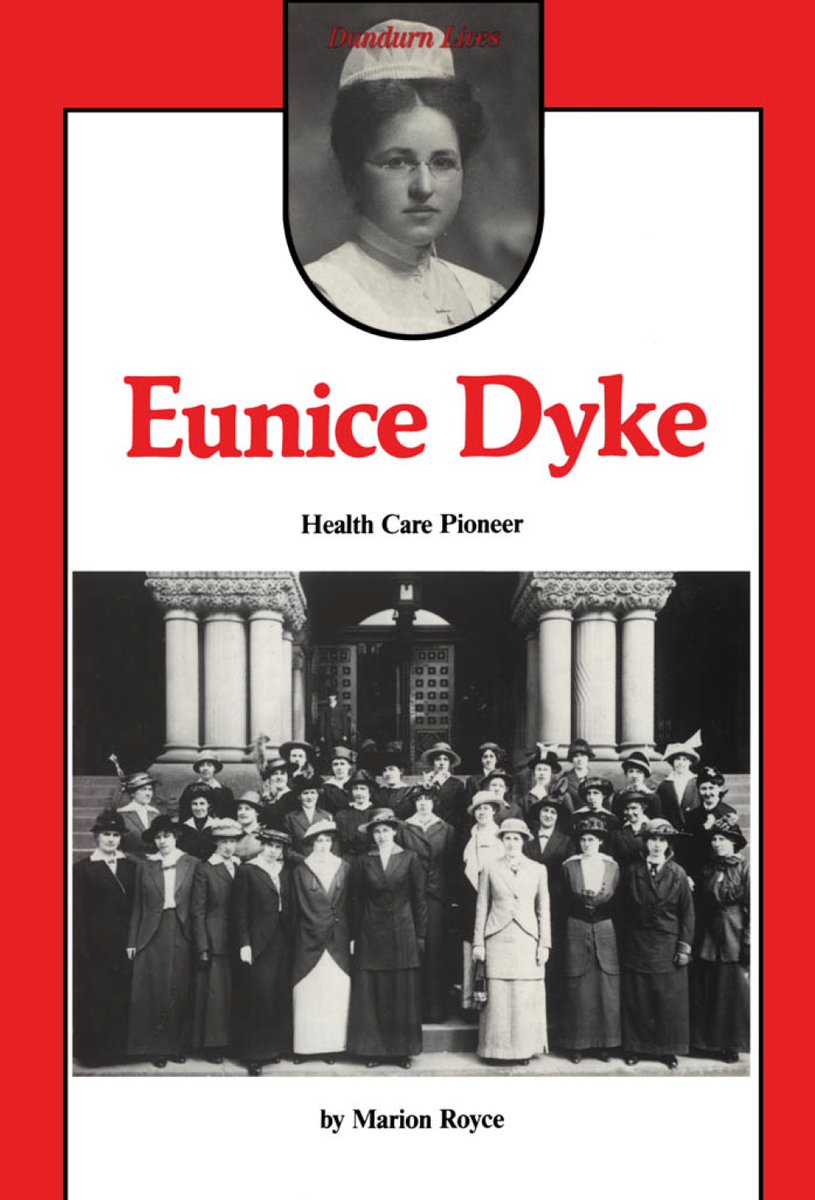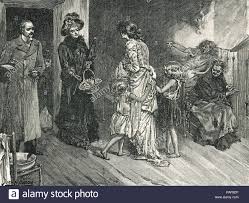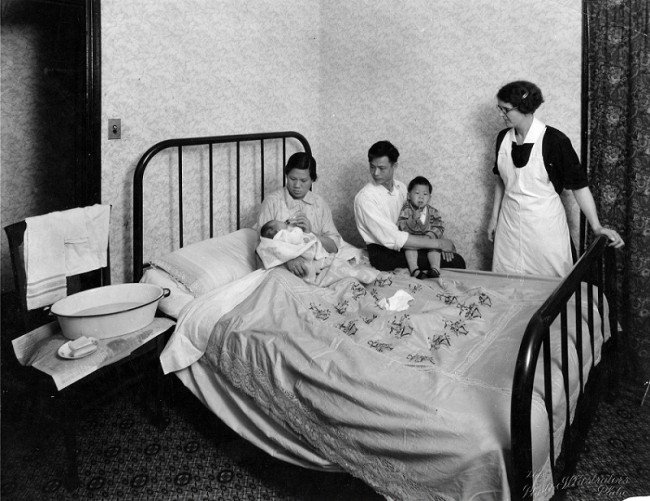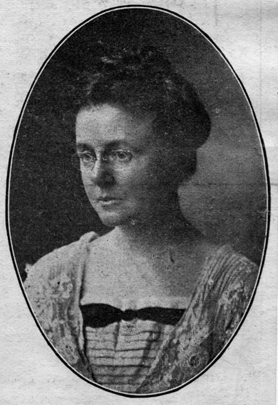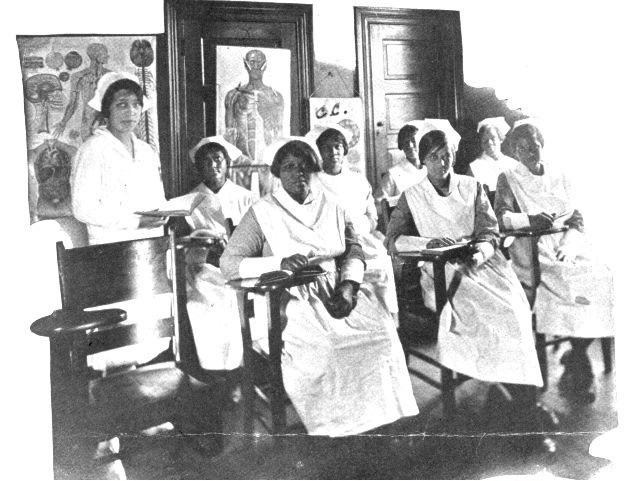It was also low paying, setting up a dynamic of #WomenInMedicine doing necessary but low paying work that persists to this day. 7/
She was a public health pioneer in African American communities. 10/
She made notable achievements in infant mortality, but her legacy can’t be appreciated without her bigotry. 15/
1)women’s activism to be included in public life
2)classist and racist ideas around impoverished communities needing the guidance of white women’s maternal instincts. 17/
FIN
Sources:
ncbi.nlm.nih.gov/pubmed/2663922
cpha.ca/sites/default/…
pearsoncanada.ca/media/highered…

